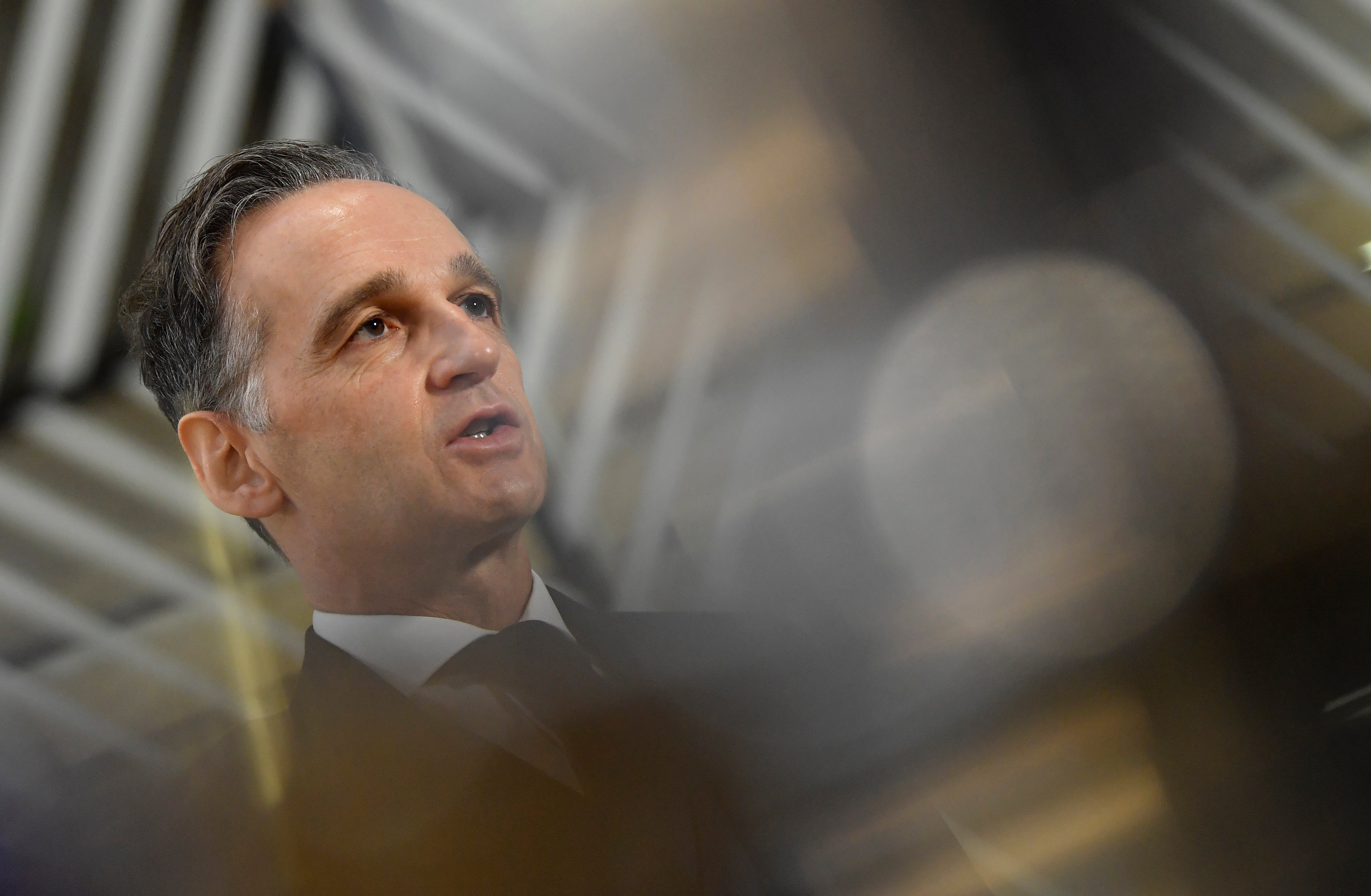EU weighs new dawn for trans-Atlantic ties under Biden
European Union foreign ministers are studying ways to work together more closely with the United States on global diplomacy amid optimism that the arrival of President-elect Joe Biden will breathe new life into trans-Atlantic ties

Your support helps us to tell the story
From reproductive rights to climate change to Big Tech, The Independent is on the ground when the story is developing. Whether it's investigating the financials of Elon Musk's pro-Trump PAC or producing our latest documentary, 'The A Word', which shines a light on the American women fighting for reproductive rights, we know how important it is to parse out the facts from the messaging.
At such a critical moment in US history, we need reporters on the ground. Your donation allows us to keep sending journalists to speak to both sides of the story.
The Independent is trusted by Americans across the entire political spectrum. And unlike many other quality news outlets, we choose not to lock Americans out of our reporting and analysis with paywalls. We believe quality journalism should be available to everyone, paid for by those who can afford it.
Your support makes all the difference.European Union foreign ministers were debating Monday ways to work together more closely with the United States on global diplomacy, with the bloc hopeful that the arrival of President-elect Joe Biden will breathe new life into trans-Atlantic relations.
“With Joe Biden’s election as the new American president, there are a lot of major opportunities that we as Europe want to take,” said German Foreign Minister Heiko Maas whose country holds the EU’s rotating presidency until the end of the month.
“Not everything will be different, but a lot will be better, and we must be clear what part of our responsibility we will take, and where we will cooperate with the United States — be it in our direct or indirect neighborhood, in the western Balkans, in eastern Europe, but also in Africa,” Maas said.
Trans-Atlantic ties have eroded over the last four years under President Donald Trump. He has slapped tariffs on European exports and pulled the United States out of a number of security agreements that they hold dear, notably the Iran nuclear deal.
Trump also abandoned the Paris climate change agreement, and has spurned the multilateral approach that is part of the EU’s DNA when it comes to bodies like the World Health Organization. As ties have unraveled, Russia and China have become more assertive.
EU foreign policy chief Josep Borrell, who is chairing the meeting, said the aim is to establish “a new, refreshed start of our engagement with the U.S.” The bloc’s leaders will also discuss trans-Atlantic ties this week at a two-day summit starting on Thursday.
Slovak Foreign Minister Ivan Korcok said that both sides “are lagging behind” on all the opportunities that good trans-Atlantic relations offer. He said the EU wants to establish a regular “strategic dialogue” with Washington.
“We have to talk regularly, openly, about issues that are dividing us,” Korcok said.
Lithuanian Foreign Minister Linas Linkevicius said the Biden team, which is set to take office on Jan. 20, appears to be coming in with a “different attitude, different willingness, readiness to coordinate, to act together.”
“On both sides of the ocean, we have to act with responsibility and with understanding. There is no replacement for trans-Atlantic relations,” Linkevicius said.
___
Geir Moulson in Berlin contributed to this report.